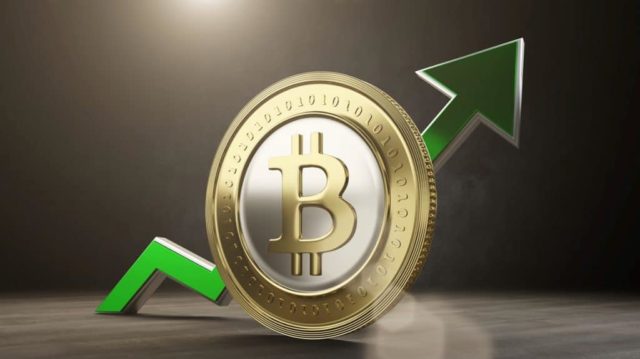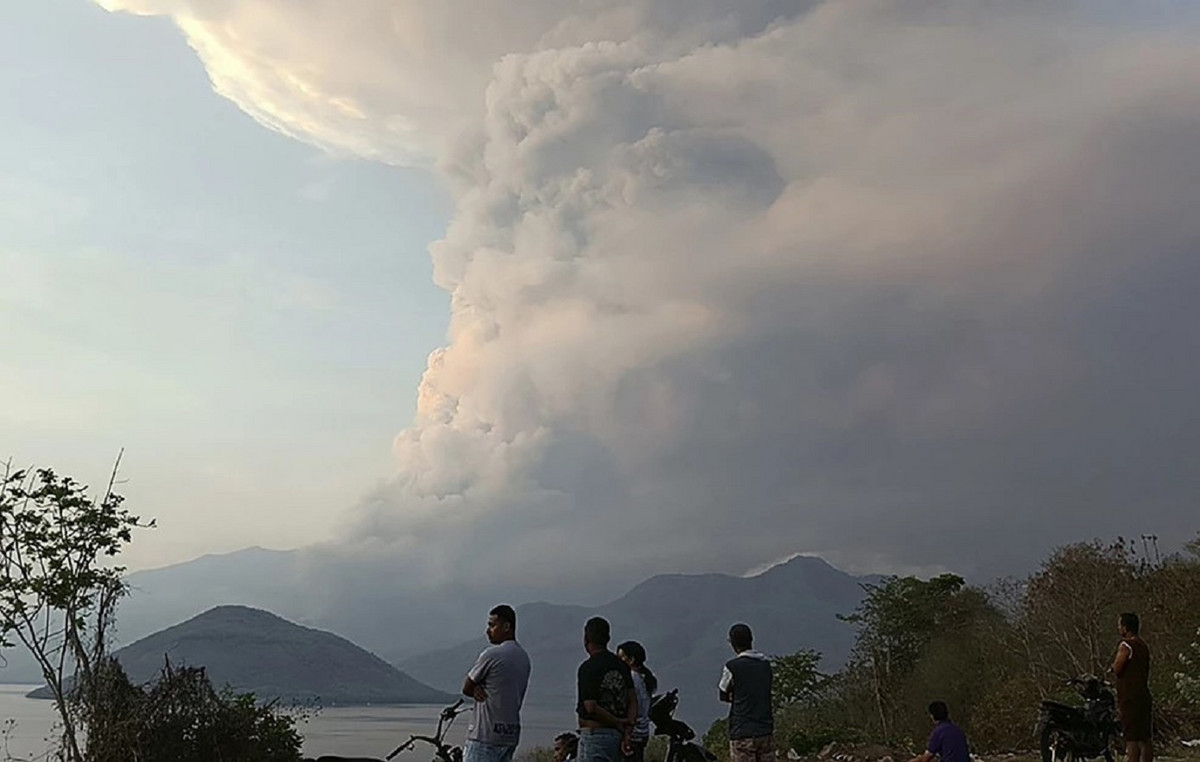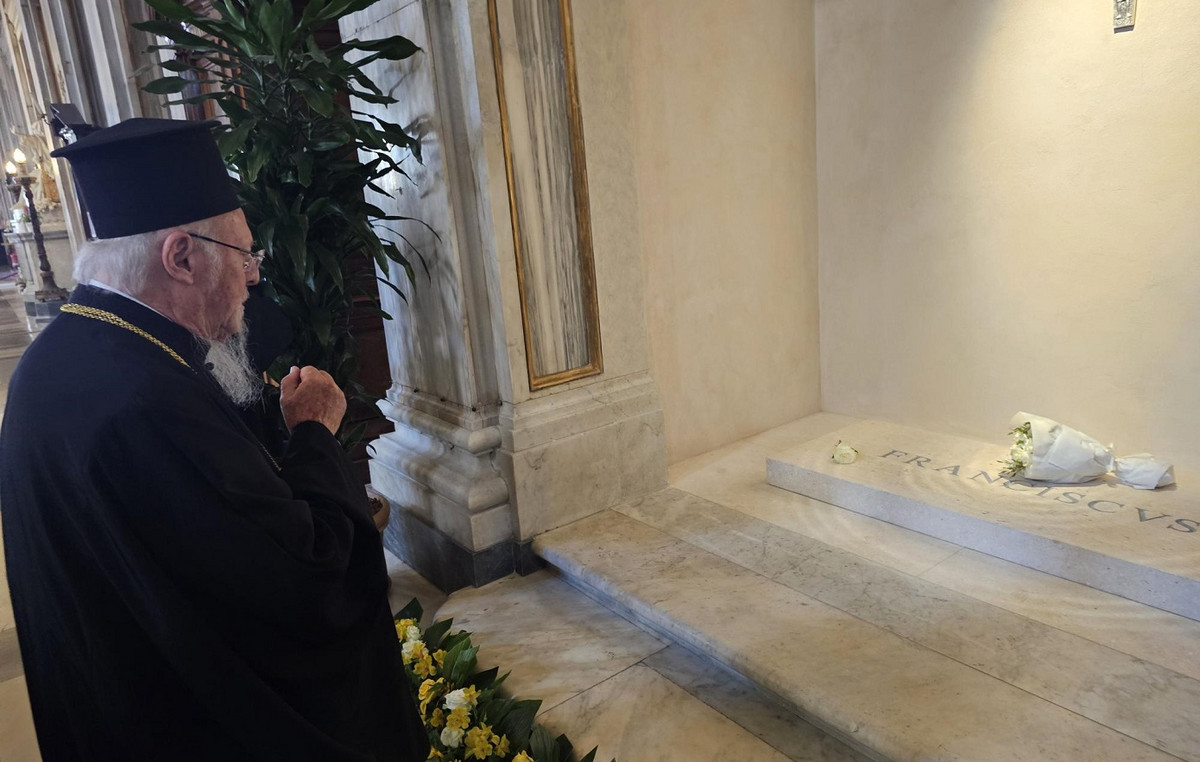The Civil Police of the Federal District arrested three digital influencers on Wednesday morning (24) suspected of importing marijuana oil for use in electronic cigarettes.
The operation aims to dismantle a criminal network that operated money laundering, international drug trafficking and crimes against public health. In total, 12 search and seizure warrants and 9 arrest warrants were executed, three people in the Federal District and one in Rio de Janeiro.
According to the DF Civil Police, the organization mixed solvents and flavorings with marijuana oil. During the sale, which was carried out on websites and social networks, the drug was sold as “different marijuana genetics”, when, in fact, the drug was mixed with other substances.
According to investigations, technology professionals from Rio de Janeiro were responsible for building digital sales platforms and collaborated with money laundering. This process occurred through the automation of payments and the use of false documents and data when contacting the banking network.
In order to expand commerce, the group hired digital influencers from different parts of the country, who promoted the products distributed. The three digital influencers who were arrested are from the Federal District.
How the product arrived in Brazil
Initially, marijuana oil was purchased through suppliers in the United States. The material entered Brazil through Paraguay and was placed in pots of wax.
After entering the country, the drug left Foz do Iguaçu (PR) towards the capital of São Paulo, where part of the group manipulated the drug and placed it in electronic cigarette refills and other containers. Some of the items used in electronic cigarettes came from China and Rio de Janeiro and were personalized and with the gang's logo.
According to investigations, the organization took advantage of the “lack of control” of social networks to achieve millionaire gains and expand its contact network in several countries, in addition to websites and social networks reserved in case of a loss of resources due to action. police officer.
The DF Civil Police say that the gang's leaders were based in the interior of São Paulo and had no direct contact with the drugs that were sent to traffickers and users.
The São Paulo Public Security Secretariat states that the leaders operated the illicit trade remotely, so that they could ensure that sales occurred safely and without tracking. For delegate Rogério Henrique de Oliveira, the group was trying to reach a larger audience to increase sales and claimed 'therapeutic' functions for the products, which, according to him, constituted false advertising.
The group will be responsible for the crimes of international drug trafficking, money laundering, criminal association, falsification of public documents and use of false documents.
* Under supervision
Source: CNN Brasil
I’m James Harper, a highly experienced and accomplished news writer for World Stock Market. I have been writing in the Politics section of the website for over five years, providing readers with up-to-date and insightful information about current events in politics. My work is widely read and respected by many industry professionals as well as laymen.







